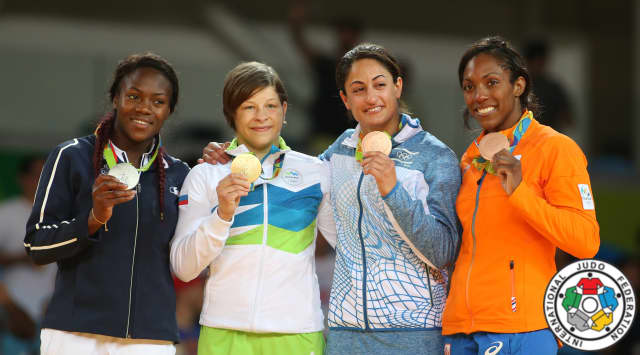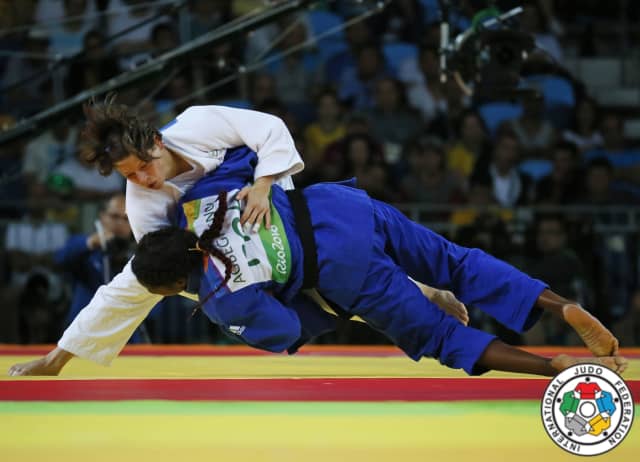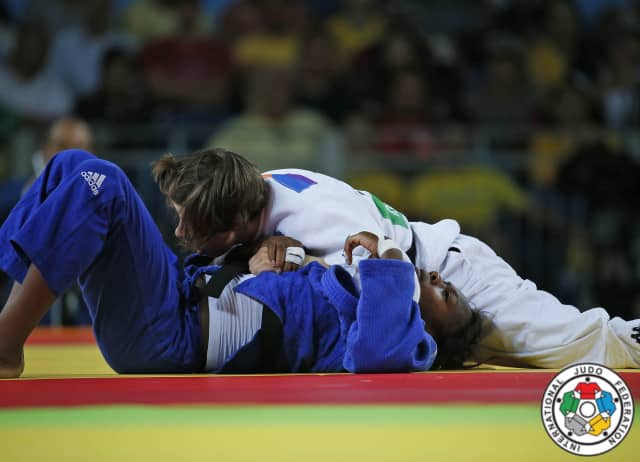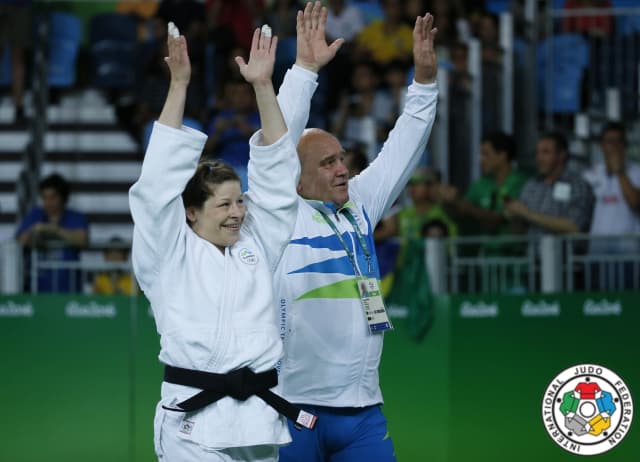We introduced the statistics, the almost impossible feat and the question in our first article in the series, which can be found here
https://www.ijf.org/news/show/151-olympic-champions-tokyo-to-tokyo
A reminder of the question:
It could be said that to be in the company of an Olympic judo champion is to be presented with someone whom has reached an absolute pinnacle, a ceiling which cannot be surpassed; there is nowhere further to ascend in the world of sport. We often find Olympic champions speaking with freedom and certainty, unafraid to share an opinion, speaking of their lives and paths with confidence. For many we feel there is peace, and that can be magnetic and inspiring.
So the question is, did they become Olympic champion because of that character or did they become that person having won the Olympic gold medal?
“I think my character is the same, before and after that medal. I am the same person now as I always was before Rio de Janeiro. I have changed some small things now like being more open but I kept the same values.
In Rio everything came together, it was really step by step. I wasn’t a particularly successful child, very average in all sports, neither bad nor good. I could run and swim and do judo but I never imagined I would win an Olympic gold medal and it was for sure not my goal. I just enjoyed my sporty life.”
It is impossible to say there wasn’t focus or that there was no drive. That had to be there and it had to be directed so what could have been the turning point?
“My personality helped me because once I saw Urska win in London and I was there the whole way as her training partner, I was watching her winning and during the medal ceremony I thought, ‘Why can’t I be there in four years? I’m training now but will do more. I’m already doing the right things. I will do all that is possible.’
I am a person who is never quite happy, never satisfied with myself, even when winning, once there is a goal. I always wanted more from myself, to do things better, to deliver a better performance. When I put something in my mind, it’s difficult to convince me otherwise. I’m stubborn, very stubborn! Once I decide something, I will do everything for it. Really, for Rio I went over the limits of what is possible. That sounds exaggerated but it is not. My stubbornness and commitment to goals drove me through some really difficult moments."
"I’m sure I was not easy to live with. I was in an apartment with my parents and I constantly wanted to make sure every detail was right from food to sleep to training; I have always been a perfectionist with regard to my goals.
I like a routine and good planning. Something not going to plan is difficult for me. I’m very able to adapt in an instant but I hate it when I have my mind already set on the right plan. I’m very hard on myself too, I expect a lot from me. That has made me expect a lot from others and sometimes this has needed to be diluted.
Now I’m doing my best to be more tolerant and patient, with myself and others, but I think it is always important to have high standards and aim to do the right things in each situation.
My coach, Fabi, has been a big part of that. He had a huge influence. I was with him more than my parents in the last ten years and there were a lot of unwritten rules that kept me on the right track. It was far from easy but it was a successful outcome. Someone with a different character from mine might not have withstood the needs of the years leading up to Rio 2016. My personality and the people around me all came together to achieve this result and I think that is always the way when looking at reasons for the biggest achievements.”




